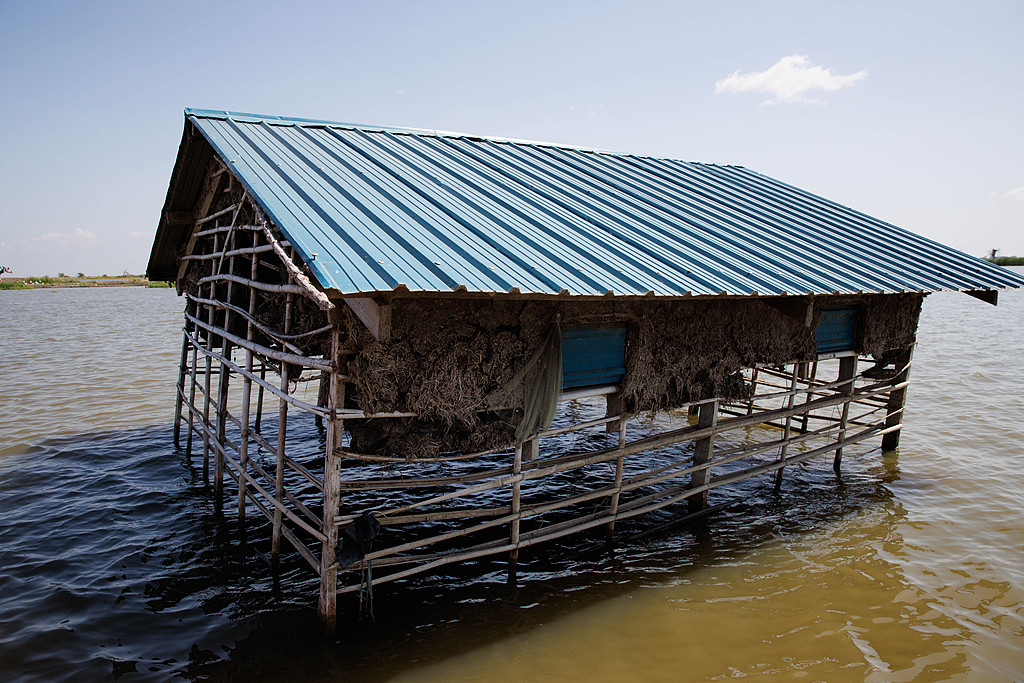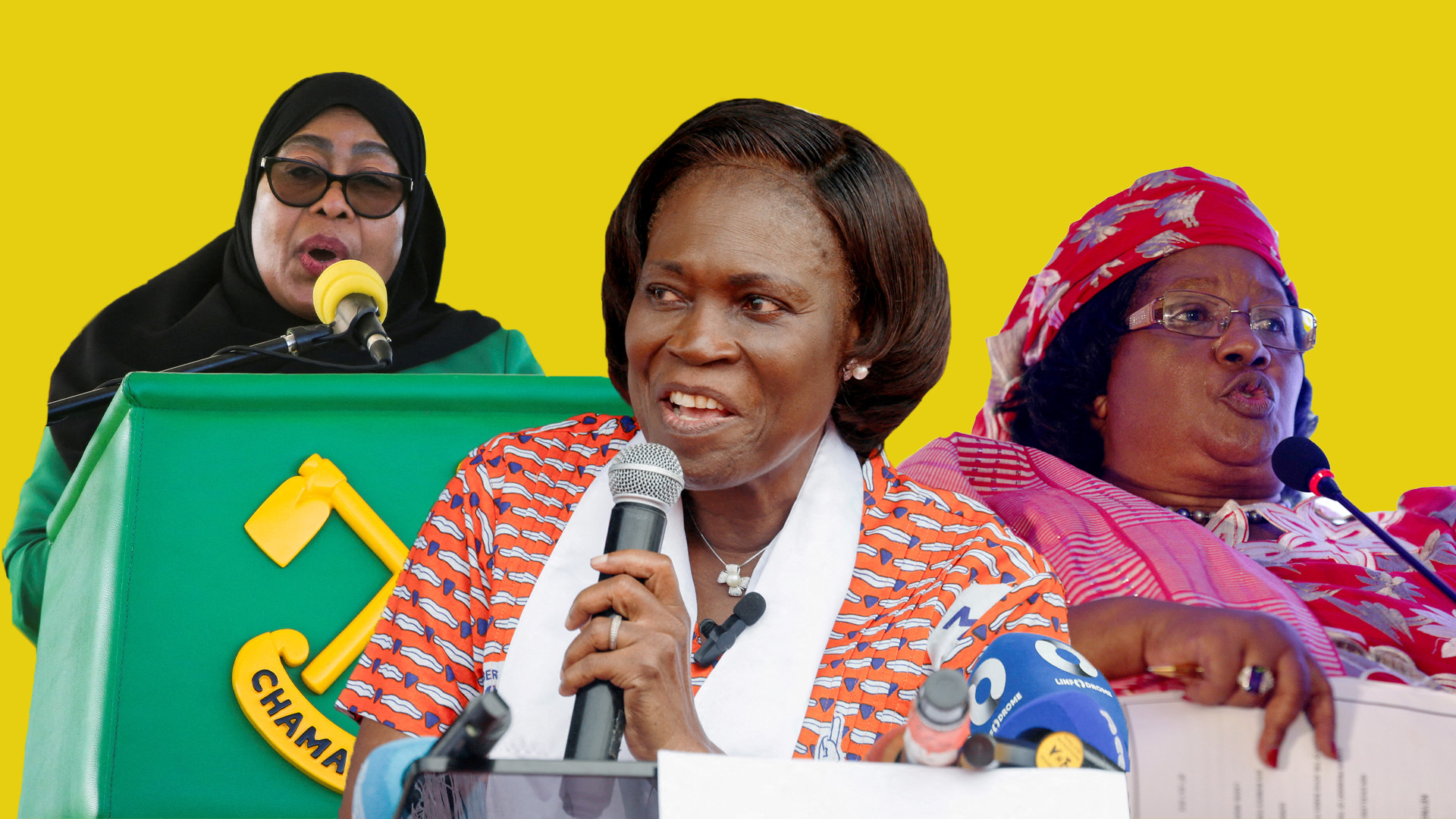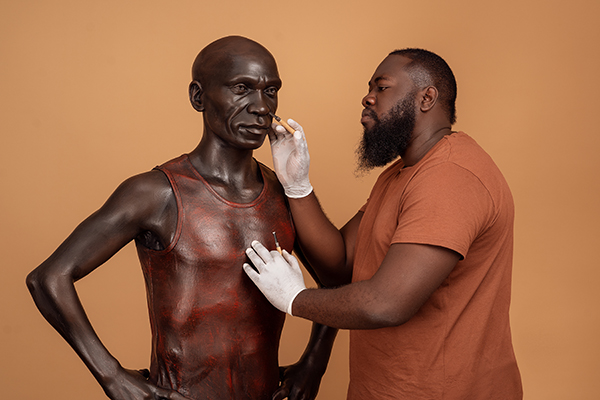Tension, political rhetoric rise in Burundi ahead of vote

“We have to castrate the enemy,” Cyprien Sinzotuma, provincial secretary of the ruling party in rural Muyinga province, said during a recent march.”
Another called for drowning the regime’s opponents in a lake.
Such hate speech spells trouble in Burundi, which is still reeling from President Pierre Nkurunziza’s decision in 2015 to seek a disputed third term that provoked street protests and led to an estimated 1,200 deaths. Now Nkurunziza’s government is pressing ahead with a May 17 referendum that could further extend his rule and usher in a new wave of bloodshed.
“We are shocked by such kinds of speech,” said Gerard Hakizimana, president of a Burundian civic group known as Folucon-F. “All Burundians must live together in peace.”
Burundians are being asked to vote yes or no to a proposal to extend the president’s term from five years to seven, which would allow Nkurunziza to rule for another 14 years when his current term expires in 2020. His opponents are desperate to avoid that scenario, but they also seem powerless to stop him in the face of murderous threats.
Even before campaigning on the referendum officially started on May 1, tensions had been rising in this East African nation amid alleged detentions and killings of its perceived opponents. Human Rights Watch has noted “widespread impunity” for authorities and their allies, including the ruling party’s youth wing, as they try to swing the vote in the president’s favor. Two men recently died after beatings allegedly at the hands of state agents, the rights group said.
The violence is an “expression of fear” on the government’s part and the “last recourse” for Nkurunziza, said Frederic Bamvuginyumvira, a former vice president who leads the opposition party Sahwanya-FRODEBU.
Nkurunziza, a former rebel leader, rose to power in 2005 following the signing of the Arusha accords that ended Burundi’s civil war that killed about 300,000 people. He was re-elected unopposed in 2010 after the opposition boycotted the vote. He said he was eligible for a third term in 2015 because lawmakers, not the general population, had chosen him for his first term. Critics called his pursuit of a third term unconstitutional.
“Nkurunziza is determined to capture the country’s institutions and rule as an absolute monarch,” activist group iBurundi said. “Of course this will not end well for him and for the country.”






